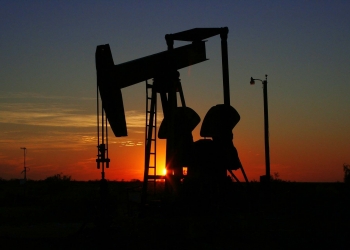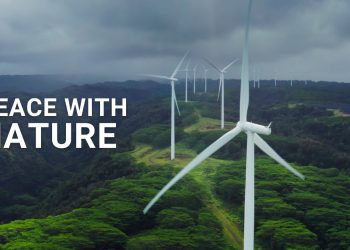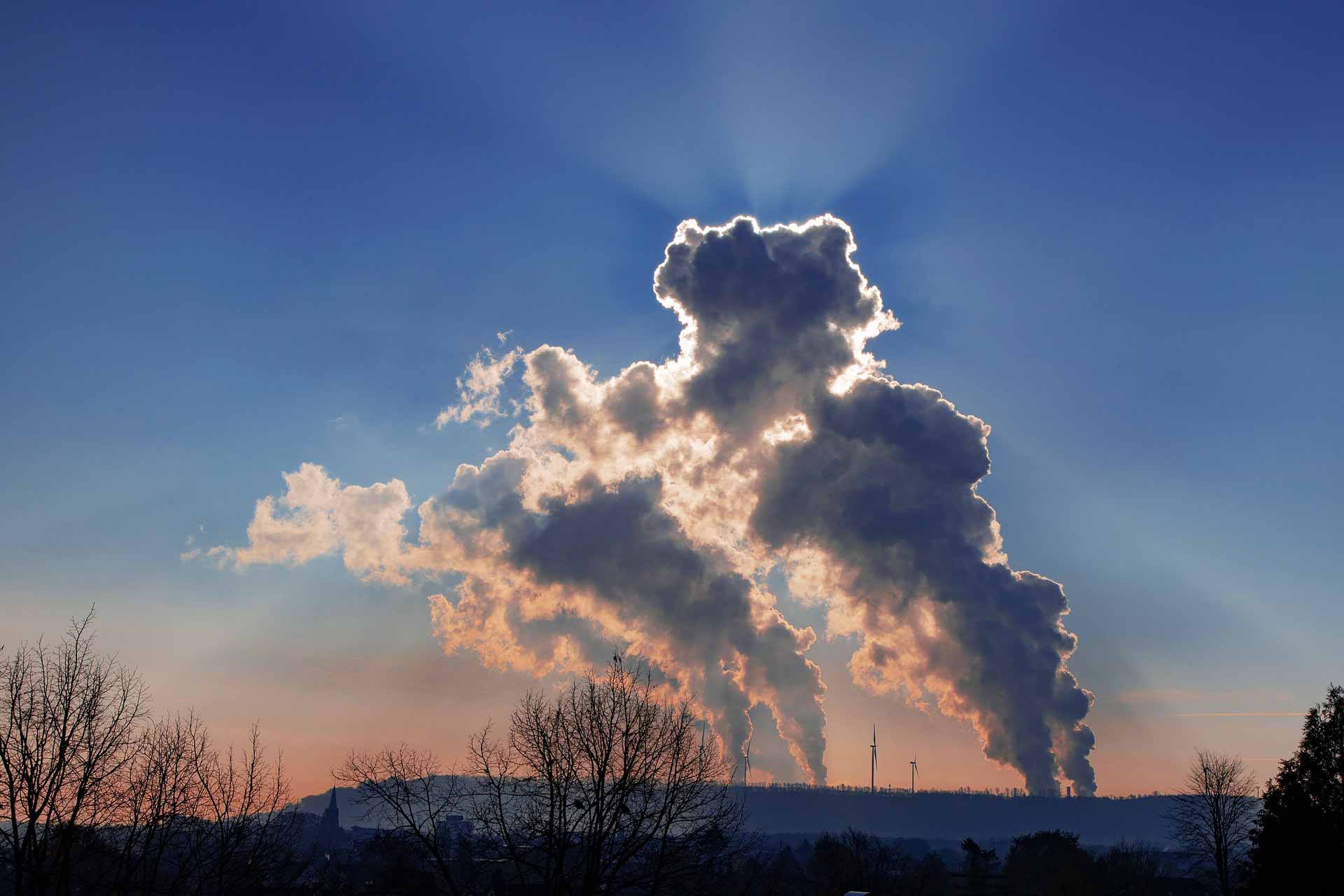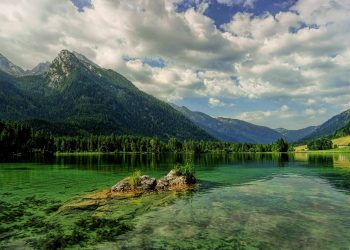Climate expert debates the new EU Strategy on Adaptation to Climate Change, setting out the pathway to prepare for the unavoidable impacts of climate change.
1. What is the objective of the new EU Adaptation Strategy?
The Strategy outlines a long-term vision for the EU to become a climate-resilient society, fully adapted to the unavoidable impacts of climate change by 2050. Complementing the EU’s ambitious goal to become climate neutral by mid-century, this strategy aims to reinforce the adaptive capacity of the EU and the world and minimise vulnerability to the impacts of climate change, in line with the Paris Agreement and the proposal for the European Climate Law. The new Strategy seeks to step up action across the economy and society in synergy with other Green Deal policies such as biodiversity protection and sustainable agriculture.
This will be done by making adaptation smarter, swifter and more systemic, as well as stepping up international action on adaptation. This means improving our knowledge of climate impacts and adaptation solutions; stepping up adaptation planning and climate risk assessments; accelerating adaptation action; and helping to strengthen climate resilience globally. This strategy sets out a whole-economy approach, with particular consideration for those among us who are most vulnerable to guarantee that resilience is achieved in a just and fair way.
2. Why do we need a new EU Adaptation Strategy now?
Halting all greenhouse gas emissions today would still not prevent the climate change impacts that are already occurring. The severe effects of the COVID-19 pandemic on our health and socio-economic wellbeing are a stark warning of the dangers of insufficient preparation. The frequency and severity of climate and weather extremes is increasing. They range from unprecedented forest fires and heatwaves to devastating droughts; and from hurricanes ravaging EU outermost regions to forests decimated by unprecedented bark beetle outbreaks in Central and Eastern Europe. Water shortages in the EU have affected economic activities as diverse as agriculture, aquaculture, tourism, power plant cooling, and cargo shipping on rivers. In the EU, economic losses from extreme weather already average over €12 billion per year.
Climate crisis is a humanitarian emergency for poor and vulnerable
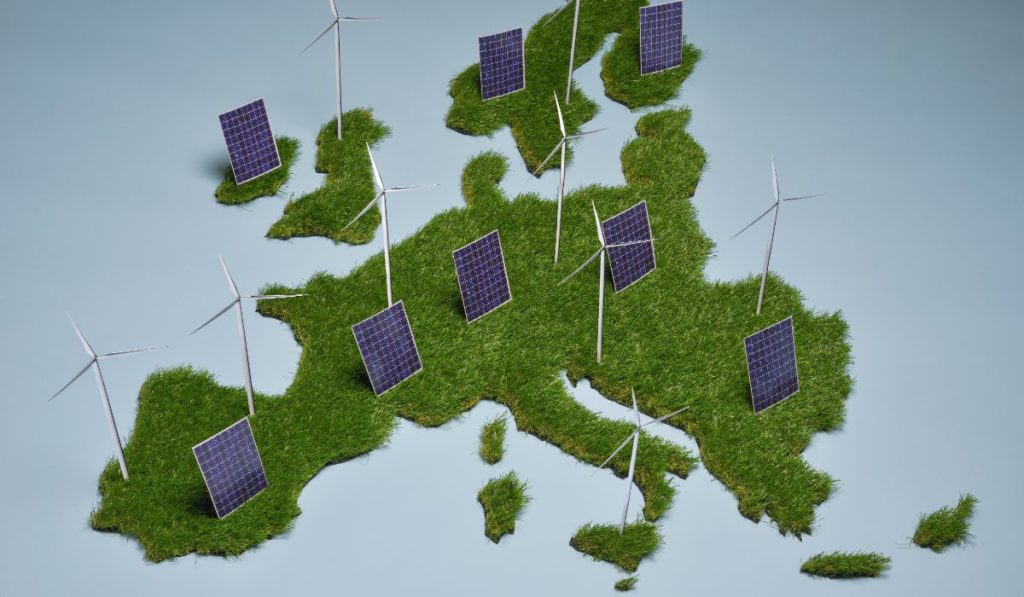
While the 2013 EU Adaptation Strategy was positively evaluated in 2018, there is a need to deepen and to expand adaptation actions, e.g. to make data more uniform and accessible, to bridge the climate protection gap – the share of non-insured economic losses – and to scale up finance for climate adaptation in the EU and globally. The EU’s adaptive capacity needs to be reinforced in line with the Paris Agreement and the proposed European Climate Law. The strategy comes at an important moment, ahead of the COP26 in Glasgow, where adaptation to climate change will play a key role.
3. What actions are planned in the EU as part of the strategy?
The Strategy pursues three objectives and proposes a range of actions in order to meet them:
- To make adaptation smarter – improving knowledge and availability of data, while managing the inherent uncertainty brought upon us by climate change; securing more and better data on climate-related risk and losses, and making Climate-ADAPT the authoritative European platform for adaptation knowledge.
- To make adaptation more systemic – supporting policy development at all levels of governance, society and the economy and in all sectors by improving adaptation strategies and plans; integrating climate resilience in macro-fiscal policy, and promoting nature-based solutions for adaptation.
- To speed up adaptation across the board – by accelerating the development and rollout of adaptation solutions; reducing climate-related risk; closing the climate protection gap , and ensuring the availability and sustainability of fresh water.
At the same time, the Commission will continue to provide guidelines, technical capacity and funding opportunities to help Member States, regions, and local administrations to develop and implement comprehensive adaptation strategies and actions. The Commission will also continue to mainstream adaptation by integrating climate change considerations into EU policies and programmes to make them climate resilient.
Bill Gates: Can the world avoid a climate disaster?

4. How does the Strategy integrate international action into its framework?
Our climate change adaptation ambition must match our global leadership in climate change mitigation. The Paris Agreement established the global goal on adaptation and highlighted adaptation as a key contributor to sustainable development. Adaptation is a crosscutting element in the EU and Member States’ external action, spanning development cooperation, migration, trade, agriculture and security. The EU already has a history of cooperating with other countries on climate adaptation at all levels, but the strategy brings this into a coherent framework around three actions:
- increasing support for international climate resilience and preparedness, for example in support of the development and implementation of Nationally Determined Contributions (under the Paris Agreement) in partner countries;
- scaling up international finance to build climate resilience, for example through the EU instruments for external action and leveraging private sector investments;
- strengthening global engagement and exchanges, learning from our international partners who have long been on the frontlines of climate change and have valuable experience that can help Europe become more climate resilient and sharing information for example from the COPERNICUS programme.
The EU and its Member States increased their overall climate finance support to third countries by 7.4% in 2019, amounting to €21.9 billion, 52% of which was spent on helping our partners adapt to climate change. In order to close the climate change adaptation financing gap, the Commission will aim to increase resources and mobilise larger scale adaptation finance, including through innovative mechanisms such as the European Fund for Sustainable Development Plus, as well as making resources available through bilateral channels and through the Member States.
5. Where can I find more information on adaptation in Europe?
The adaptation strategy aims to make Climate-ADAPT the authoritative European platform for adaptation knowledge, linking it up with other relevant knowledge portals and sources and making it more accessible for citizens, local governments and other stakeholders. Already today, Climate-ADAPT provides access to reliable data on the likely impacts of climate change, their socio-economic aspects, and the costs and benefits of adaptation options. Its continued development will give decision-makers vital support, and will help policy-makers at EU, national, regional and local levels to develop informed climate change adaptation measures and policies.
Climate-ADAPT will also host the new European Climate and Health Observatory. This Observatory will boost our awareness and understanding of the growing health risks, which climate change will entail, such as heat stress, food and water safety and security threats, or the emergence and spread of infectious diseases. It will help us to better anticipate and minimise these risks, and to improve our individual and collective preparedness.
Has the Paris Agreement changed Climate after 5 years?
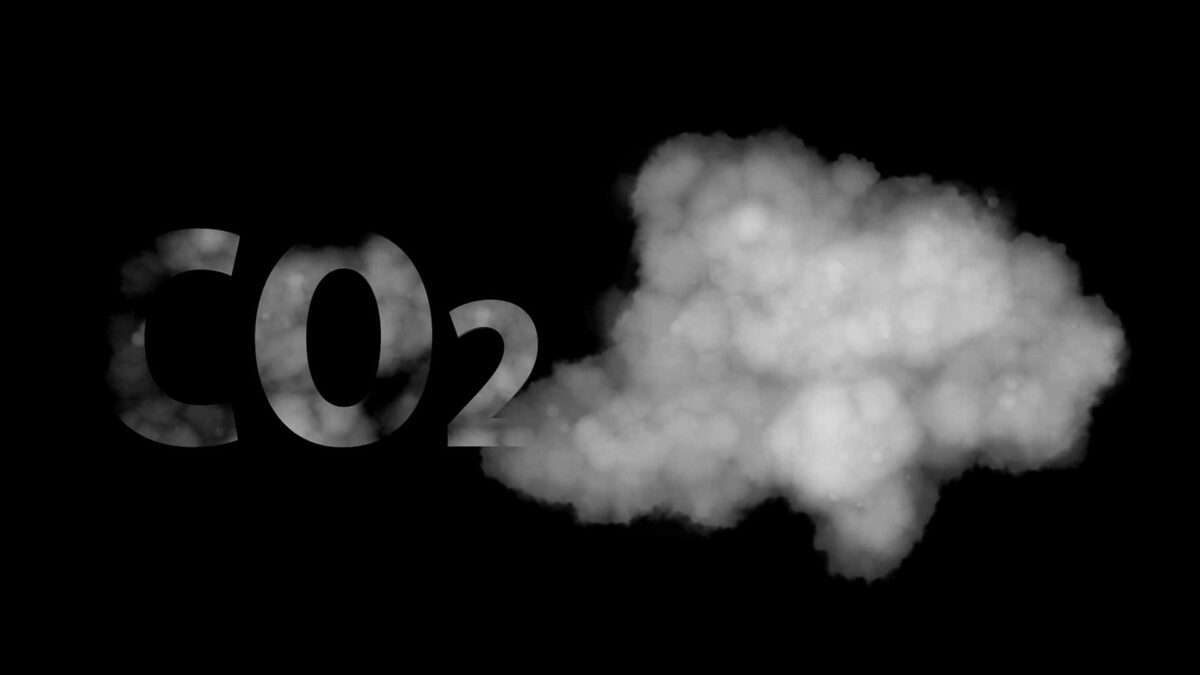
6. What will Member States need to do under the new Strategy and how will progress be measured?
Adapting to climate change is a process. Discussions on standardised indicators that accurately capture progress are ongoing at EU and international level. The strategy aims to enlarge and make more accessible a toolbox that adaptation actors can use in their work and adapt to their individual needs, be they national, regional or local administrations, SMEs or individual citizens. To help informed decisions, the strategy promotes knowledge sharing and data availability. Adaptation reporting requirements for Member States are already set out in dedicated legislative instruments, such as the Energy Union Governance Regulations. The European Climate Law will, once adopted, also set out obligations for the EU and its Member States in this respect.
7. What EU-level resources are available for adaptation?
Financial support for adaptation is made available through the European Structural and Investment Funds, the Common Agricultural Policy, the LIFE Programme, and the Recovery and Resilience Facility. The proposed Horizon Europe Mission on Adaptation to Climate Change will also leverage significant resources in the effort to make Europe climate resilient. The Commission will support the local uptake of data, digital and smart solutions related to climate adaptation. To help local authorities move from planning to action, the EU will pilot a policy support facility to assist local and regional authorities under the EU Covenant of Mayors.


